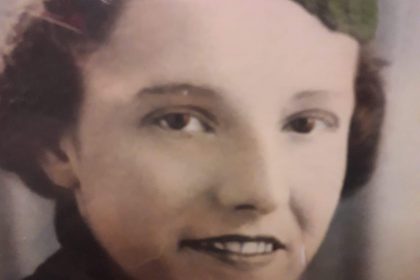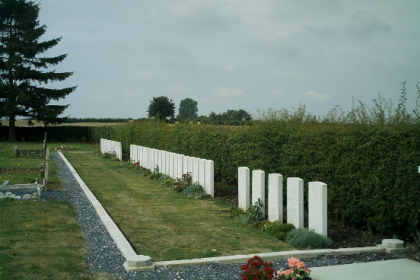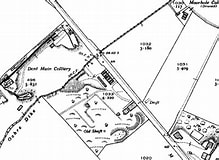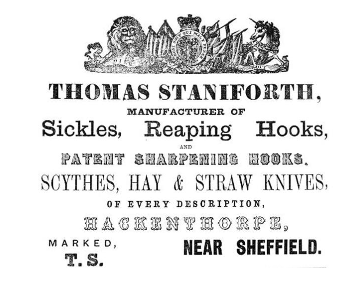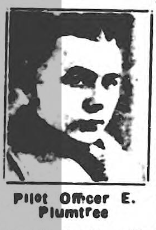The startling developments in connection with the tragedy near Crewe reached their climax on Thursday night, when it was made known that the two sons of the murdered gentleman Richard Davies and George Davies, had confessed the part they had taken in connection with the commission of the crime. What had all along been anticipated has turned out correct, that the youth who drove the conveyance made false statements of what took place on the night of the murder, and that he did so to screen his brother. Both prisoners have made statements incriminating each other. from which it appears that the crime was planned by the murdered man’s son Richard and connived at by the younger prisoner.
The circumstances are of the most painful character. The police have gathered sufficient evidence without requiring to call the younger prisoner as Queen’s evidence. The most dreadful part of the affair, however. that the mother will be required to give evidence against her sons on the charge of wilfully murdering their father, and that sisters and brothers will also have to give evidence.
Richard Davies left the clothier’s shop kept by his father in Victoria Street, Crewe, at eight o’clock on Saturday evening, ostensibly to walk to Hough. On arriving home he is stated to have divested himself of his overcoat, and also took off his boots. Some time after the younger brother George rushed into the house, and announced, with much apparent terror. that his father, with whom he had been riding home. had been waylaid and murdered on the road. Thereupon Richard put on his Wets, and hastily leaving the house, accompanied his brother to the scene of the crime, but be left his overcoat behind.
Arriving at the spot where his father lay, he supported the bead of deceased for a moment. and his vest, from contact with the body, became bloodstained. From the side of his father lie went and knocked up Inspector Oldham, who noticed that the prisoner was without an overcoat. despite the late hour of the night. The officer instantly went to the house at The Hough, and there found Richard’s coat covered with blood. This information was communicated to the Chief Constable, and it may be surmised that this was one of the determining facts leading to the arrests.
On Thursday, John Davies, the eldest son of the deceased gentleman, drove into Crewe, accompanied by his mother, and asked permission to interview his brothers, but this was a privilege which Inspector Oldham did not grant.
Mr. Superintendent Leah, on Thursday night, said as to the confession of the prisoners – -“I am not at liberty to tell you anything more definite than this—the accused have said sufficient to-day to satisfy the police that they alone were concerned in it. We are quite satisfied from the statements made that they are the right men. Each prisoner has said something, and what I have said I relates to both.” To the further question whether the statements of the prisoners would be described confessions the Superintendent said Yes, there is no use trying to conceal the fact, because it must be eventually made public.’
The prisoners are said to have long regarded their father with feelings of intense dislike.
The funeral of the murdered gentleman, Mr. Davies, took place on Thursday afternoon, in the village of Haslington, about six miles from The Hough. The funeral party were conveyed in three mourning coaches, anti the body in a hearse. The coffin was covered with beautiful floral tributes sent by friends.
The cortege left The Hough at two o’clock, and proceeded by road to Crewe, passing over the place on the highway where the deceased gentleman was murdered. Small groups of villagers gathered at places on the route, and much sympathy was expressed with the widow anti family. The widow was too prostrated by the terrible developments following the murder to leave her room, but the mourning coaches contained the eldest son of the deceased. John Davies, and three brothers, Fred. Tom, awl Arthur, whose ages ranged from five to eight.
The children displayed much grief. An elder daughter, Emma Davies, was also present, sod several friends. The rort6ye passed through Crewe to Haslington. On arriving at the burial-place which is attached to the Congregational chapel. a delay toot place through the grave not being of sufficient dimensions to receive the coffin. The grave-digger set to work to widen it, and meanwhile the first portion of the service was conducted in the chapel by the Rev. A. W. Potts, Congregational minister, of Crewe. Ongoing to the grave-side it was found that the grave was still too small. and the minister and family and spectators stood by in the drizzling rain for a considerable time, while the grave diggers enlarged the sides of it. The delay was most painful. Eventually the coffin was brought to the grave-side, but there was still some difficulty in lowering it to the bottom on account of the narrow dimensions of the trench. When. however, this had been done the burial service was continued and completed.
The weather during the long six miles journey was foggy and dark, with drizzling rain, but not withstanding a great number of persons were present in vehicles and on foot.
BNA copywrite – Batley Reporter and Guardian – Saturday 01 February 1890

